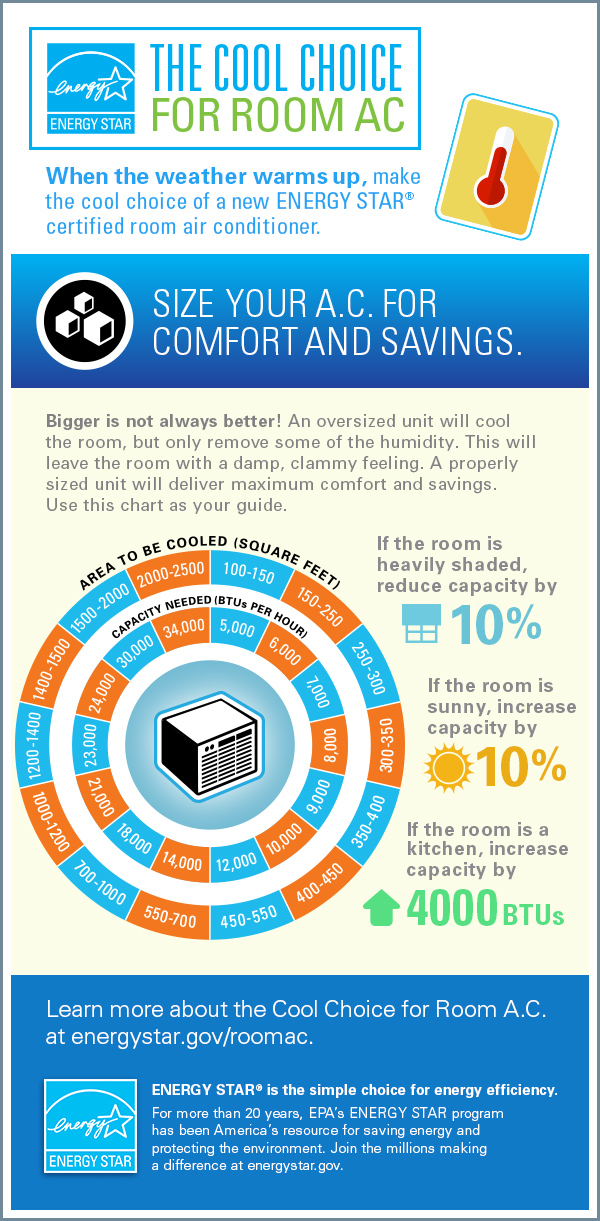The Influence Of Weather On Heatpump Effectiveness And Approaches For Enhancement
The Influence Of Weather On Heatpump Effectiveness And Approaches For Enhancement
Blog Article
Material Composed By-Melendez Termansen
When it concerns your heat pump, weather plays an essential duty in its efficiency. From freezing temperature levels to sweltering heat, each component can affect just how efficiently your system operates. However what can you do to combat these weather-related obstacles and ensure your heat pump is operating at its best? Stay tuned to find functional suggestions and strategies to enhance your heatpump's efficiency, despite the weather it deals with.
Weather Factors Impacting Heat Pump Efficiency
Weather condition aspects have a substantial influence on the efficiency of heatpump. One vital variable is temperature. Heat pumps work by moving warm from outdoors to inside during winter season and the other way around in summer season. As temperature levels drop, it ends up being harder for the heatpump to extract warm from the outdoors air, decreasing its performance.
Another key element is moisture. https://docs.google.com/spreadsheets/d/1RCMijeK7K0ksLIXQ7aQ602soOD67UspRjhN5gZVat_Q/edit?gid=145987935#gid=145987935 can make it extra challenging for the heatpump to release warmth throughout the cooling process.
Furthermore, wind speed contributes. Solid winds can dissipate the warmth soaked up or launched by the heatpump, impacting its overall performance.
Tips for Optimizing Heat Pump Performance
To boost the efficiency and longevity of your heatpump, carrying out a couple of crucial approaches can make a considerable distinction in its performance.
First of all, guarantee normal upkeep by cleansing or changing filters every 1-3 months to avoid air flow obstructions and optimize air flow. In addition, schedule annual expert evaluations to detect and resolve any possible concerns at an early stage.
Optimal thermostat setups likewise play an essential function. During the winter months, go for a temperature setting that's as low as comfy, and throughout the summertime, set it as high as comfy to minimize the workload on your heatpump. Making use of a programmable thermostat can aid you automatically readjust setups based on your routine.
In addition, sealing leakages in ductwork and insulating air ducts in unconditioned spaces can stop power loss and enhance total system efficiency.
Lastly, consider setting up a wise thermostat that can learn your practices and change settings accordingly, further optimizing your heat pump's performance. By following these tips, you can guarantee your heat pump operates successfully and successfully throughout the year.
Best Practices for Weatherproofing Your Heat Pump
For optimum performance and effectiveness of your heatpump, applying weatherproofing actions is important. Start by sealing any gaps or fractures around doors, windows, and ductwork to avoid heat loss and maintain a consistent indoor temperature.
Shield revealed pipes and air ducts to avoid cold throughout winter and guarantee correct air movement. Take into consideration installing a protective cover over the outdoor system to secure it from rough weather condition aspects like snow, ice, and particles.
Regularly clean Click On this website to get rid of dust, leaves, and particles that can block air movement and reduce performance. Additionally, keep the area around the heatpump clear of snow, ice, and plant life to permit proper ventilation.
Conclusion
Since you understand just how weather condition impacts your heatpump efficiency, you can take aggressive actions to maximize its efficiency. By adhering to the tips described in this article, such as regular upkeep, thermostat modifications, and weatherproofing measures, you can ensure that your heat pump runs at its ideal regardless of the climate condition. Remain ahead of the game and maintain your home comfy throughout the year.
